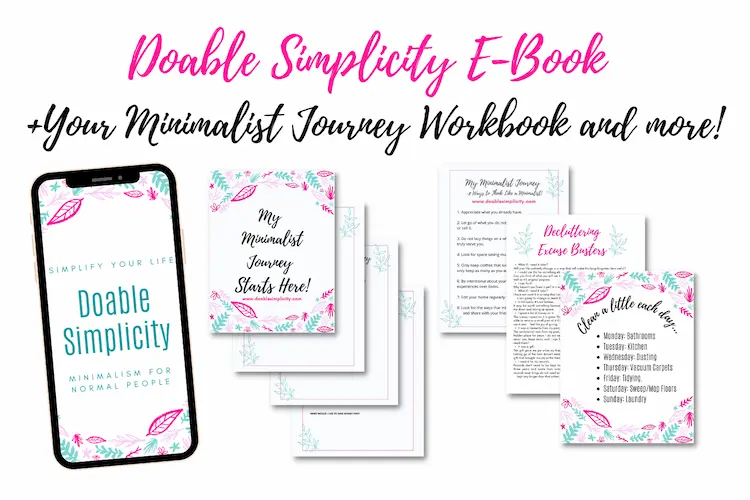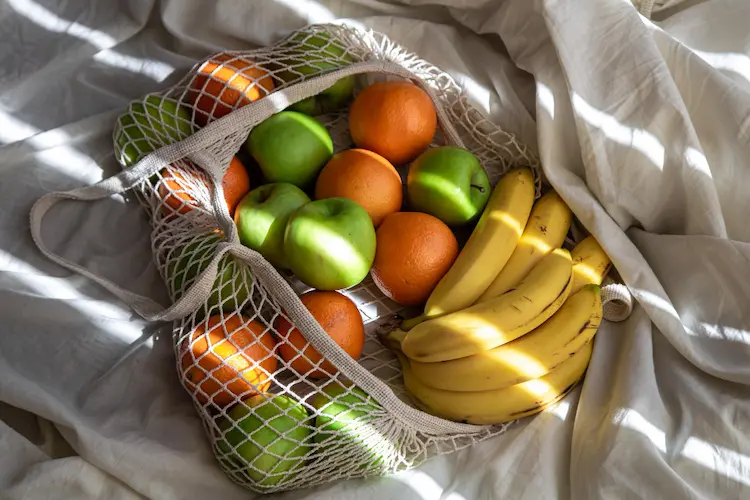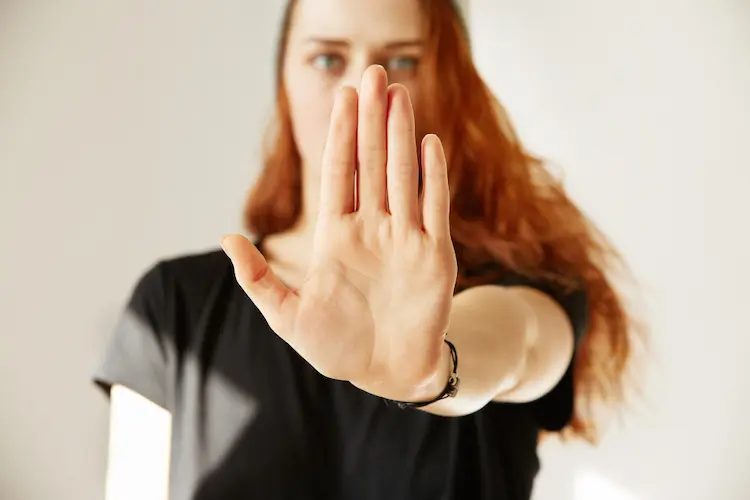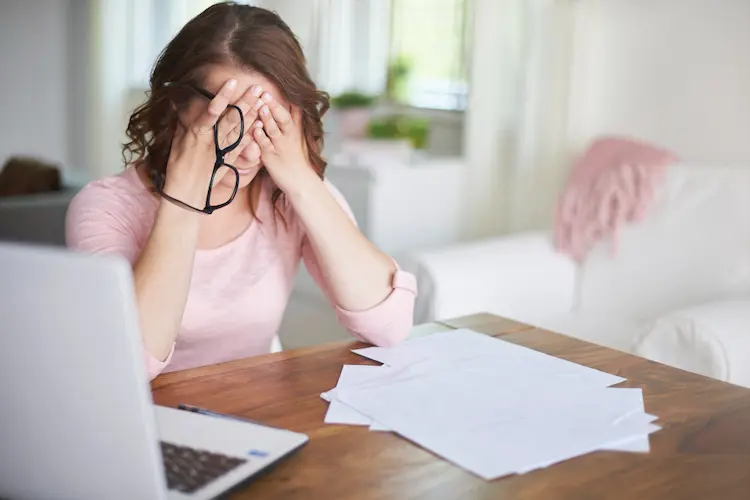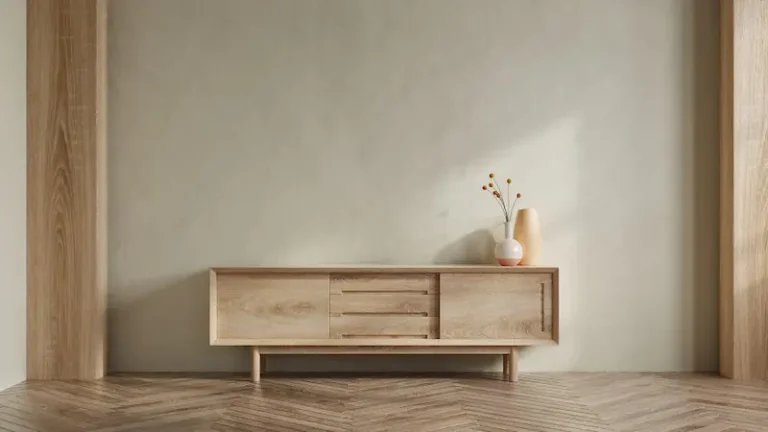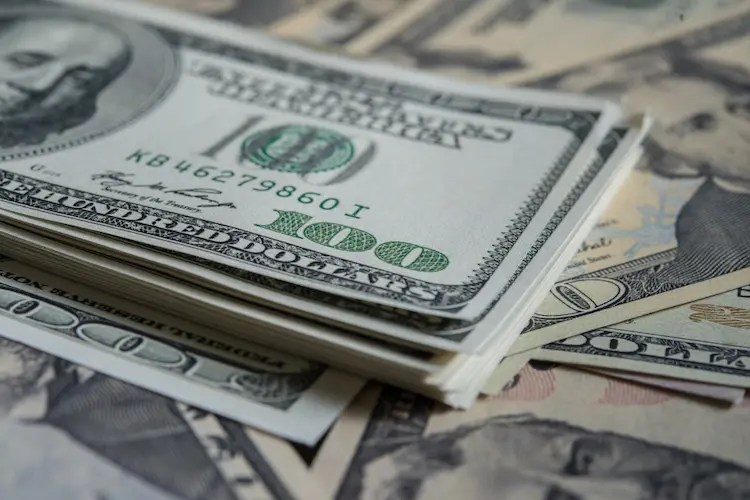3 Powerful Reasons Minimalism and Sustainability Go Hand in Hand
What is sustainability? Why is important to make eco-friendly choices? How can minimalism and sustainability go together? How does minimalism help the environment?
If you are like me these questions might be making you nervous. If you’re like me you can’t afford to buy high-end organic and sustainably made products all the time and every blog post about sustainable living you have ever read suggests things that are out of your budget, time-consuming, and completely overwhelming.
But let me put your mind at ease. I don’t have a big budget or time to make everything from scratch. I’m not dogmatic about sustainability, organic products, and all those home steading behaviors. But I do love the earth and I do care about it so when I can make a small change in the way I do things to be more sustainable I go for it. I am all about making minimalism and sustainable living easy!
In fact, I’ve learned that in a lot of ways sustainability and minimalism are peas in a pod because making sustainable choices is often more about what you don’t do than what you do. When you look at it that way it makes it a lot easier, similar to how investing in a solar battery with high capacity makes sustainable energy more accessible for everyday homeowners.
Do you want to learn about how minimalism and sustainability can fit effortlessly into your life? If you do, then keep reading!

What is Sustainability?
First of all, what are we talking about when we say the word sustainable? What does that really mean?
The dictionary defines it as “able to be maintained at a certain rate or level” or “conserving an ecological balance by avoiding depletion of natural resources.”
Think about it this way. If you fill a bathtub with water but then unplug it and turn the water on at the same time how high will that water need to flow or how slow will that tub have to drain to keep the tub at the same level?
When we talk about something being sustainable it means we are using it at the same rate that it can naturally be replenished, or maybe even less.
If you look around at all the stuff people buy, use, and throw away do you think the earth can keep up with the demand for plastics, paper, metals, and other products we strip it of at the rate we are using them? Is it possible that we are actually asking way too much of the earth? It’s not just possible. It’s a known fact. We always want more more more and our incredibly generous earth just can’t keep up.
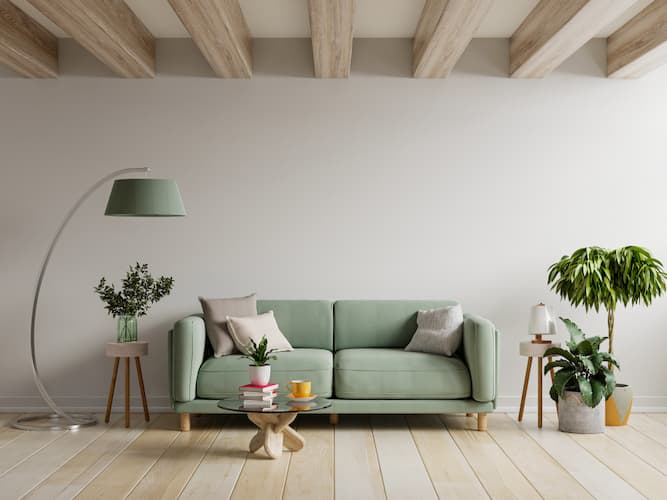
What is Minimalism?
Now that we understand what it means to be sustainable let’s figure out what that scary word minimalism means.
When you think of minimalism you may picture Nordic furniture, clean lines, and sparse rooms. That is the minimalist aesthetic or style.
Following the minimalist lifestyle doesn’t mean you have to buy stuff that fits the minimalist aesthetic. Instead, the minimalist lifestyle is all about how we approach the consumption and use of goods. It’s about slowing down our voracious appetites for new stuff and finding out what is really enough.
In the words of the famous minimalist Joshua Becker, “Minimalism is the intentional promotion of the things we most value and the removal of anything that distracts us from it.”
As it turns out, when we really think about what we need and what makes us happy stuff isn’t all that important. Instead when we close our eyes and picture the things we “can not live without” those things aren’t really things at all. Instead, we see the people we love, good food, and fulfilling work or hobbies.
In short, the minimalist lifestyle is all about having enough, which turns out to be a lot less stuff.

Minimalism and Sustainability Are Both About Consuming LESS
I bet you can already see why minimalism and sustainability are going to be best friends but let’s dive into three reasons that minimalism is the magic key to one of the biggest problems facing the world today, the overuse and depletion of the earth’s resources.
The first thing that minimalism and sustainability have in common is that they are both about consuming less. Nothing is sustainable if it is being used up before it can be made again. However, our consumer society encourages us to buy stuff like it’s going out of style. In fact, it is going out of style so we need the new one! And the next one and the next after that.
So why is minimalism good for the environment and sustainable? Well, it slows us down. With the minimalist lifestyle, we stop listening to the consumer society’s push for more and start listening to our own inner need for a simpler, less cluttered life. We question whether or not we really need more and we consume a lot less than we would if we were just going with the flow.
Minimalism and sustainability go hand in hand because when you consume less it’s more sustainable. You are bringing your needs into closer balance with what the earth can actually give you.
Being Mindful
Another thing that minimalism and sustainability have in common is the need to be mindful, to really question not only the need but how to fill it.
For example when you are looking to shop more sustainably you aren’t just thinking about getting a new item. You are also thinking about what that item is made of and how it is produced. You are thinking about the people who make it and whether or not they are being paid a living wage and treated ethically.
When a minimalist goes shopping they always ask questions like: “Do I need this? Is this the best option? How long will this last and how will I get rid of it? Could I simply use something I already have instead?”
It’s easy for a minimalist to be mindful of the sustainability of the products they use because they are already used to asking questions and avoiding impulse shopping. And when they buy better quality items and use them for a long time they slow down their disposal which is more sustainable too!

Recycling, Reusing, and Donating
The last thing that makes minimalism and sustainability two peas in a pod is that both schools of thought stress recycling, reusing, and donating at both the purchasing and disposal end of ownership.
While it’s true that not every minimalist is an eco-friendly minimalist most of the people seeking a simple lifestyle are fine with buying second-hand goods and clothes and almost every minimalist declutters by donating the things they no longer need instead of just throwing them in the trash.
This perfectly aligns with sustainable values because it not only reduces the amount of waste in our landfills but also reduces the demand for new consumer goods to be manufactured. It doesn’t completely fix all the problems brought on by rampant consumerism but it does slow them down.
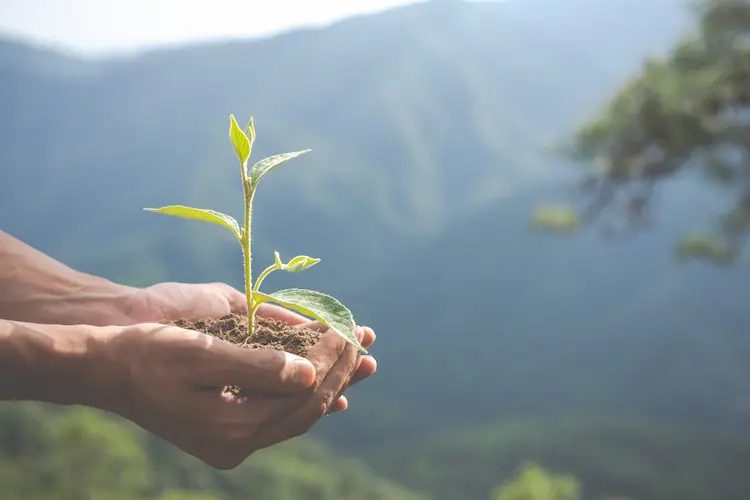
Will You Make Minimalism and Sustainability Part of Your Life?
If you are like me you may have questioned whether the small changes you make in your life will really make a difference to the big problems of sustainability we face. It’s easy to feel like buying less stuff and donating what you get rid of isn’t that big a deal but you might be surprised.
Studies show that only 1% of the things people buy are still in use 1 year later. That means that most people buy a massive amount of random junk that they later throw away. That stuff was made with the earth’s resources and is now going to clog up the earth with non-biodegradable waste.
If you as a minimalist buy even 50% less stuff and use the stuff you have for a bit longer because you have learned how to cultivate contentment with simple things you are significantly reducing your impact on the environment. If you inspire others to adopt minimalism and sustainable living that snowball could turn into an avalanche of progress towards a more eco-friendly world.

How Do You Become a Minimalist?
Why is minimalism good for the environment? Now you know! But you may wonder how to get started. After all, the minimalist lifestyle is very different from the consumer lifestyle you are used to. You might even be afraid of the word minimalism.
Let me assure you, minimalism isn’t that scary and the minimalist lifestyle is easier than you might think! You can make small changes that simplify your life in a big way! To help you out I have written a book.
In Doable Simplicity (minimalism for normal people) you will get practical action steps to help you simplify your home, your schedule, and even your chores so you can not only become a superstar eco-minimalist but also reach your other big goals in life!
